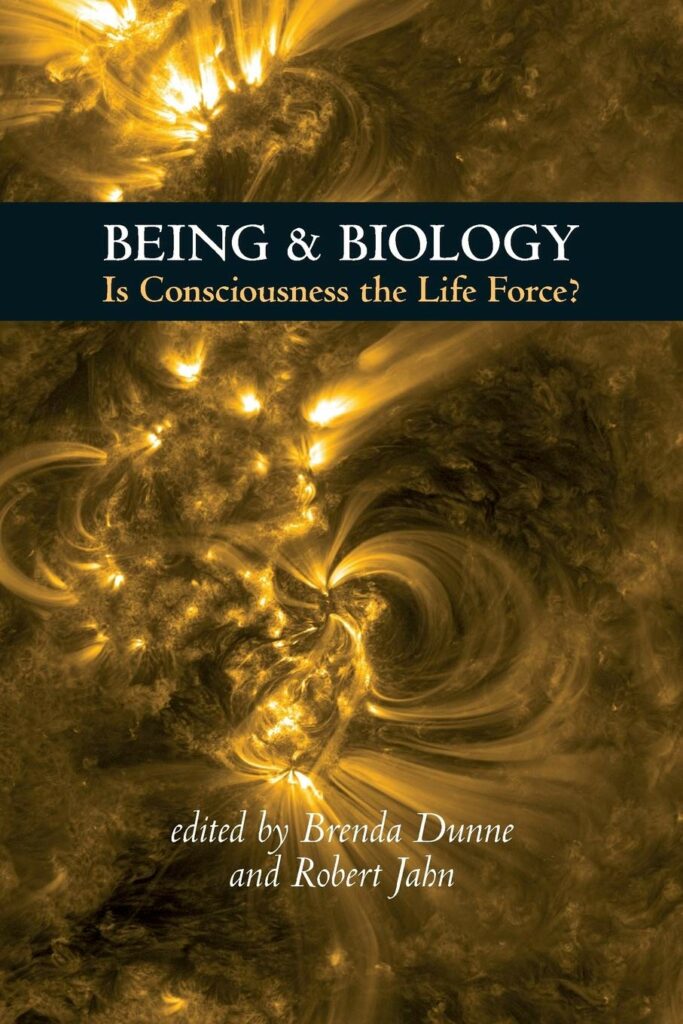Geoff Crocker – Atheist Spirituality
The rationalist-materialist paradigm is dominant, with spirituality understated. A world transforming spirituality has to be inclusive. Religion as spirituality fails to be inclusive, since many reject its claims. Routes to an inclusive human spirituality are examined.
1 Emergence
In a multi-layered account of reality, entities and properties ‘emerge’ which are not present at the lower constituent levels. Are these fully reducible to the originating physical state, or is there an ontology of emergent entities? A philosophy of ‘emergence’ is comprehensively treated in The Re-Emergence of Emergence, edited by Philip Clayton (2008). I review the various arguments to ask whether an ontology of emergence supports a thesis for spirituality.
2 Religious naturalism
Religious naturalism is another locus for human spirituality. Jerome A Stone (2009), in Religious Naturalism Today, argues that nature offers ‘minimalist transcendence’, of awe, wonder, gratitude and reverence. Human spirituality arises from consideration of nature. I review these arguments.
3 Meaning in life
Meaning in life may be defined as i) supernatural; ii) natural subjective; or, iii) natural objective. I review these claims in the work of Cottingham (2002), Wolf (2012), Wielenberg (2005), and Metz (2012, 2013) and examine their potential contribution to an inclusive human spirituality.
4 Virtue
I claim that virtue is the leading candidate for the definition of an inclusive world transforming human spirituality, specifically in the work of André Comte-Sponville.
Conclusion
An inclusive human spirituality has to include atheist spirituality. Emergence, religious naturalism, meaning in life, and virtue offer potential foundations.
Following an economics degree from Durham, UK, Geoff Crocker developed two career components; one in industrial strategy work for corporate clients worldwide; one speaking at conferences on issues of faith and values.
He worked formulating industrial strategy for corporate clients worldwide, including IBM, Yamaha, ABB and others. Alongside this, his conference work included presentation and publication of Bible themes, some of which were co published with Bible Society UK. Geoff worked on this in the UK, Europe and USA, but also with societies in transition, speaking for small township groups in apartheid South Africa, to large outdoor conventions in the Philippines, or to churches hosting political reform in the former German Democratic Republic.
From this synthesis of the secular and sacred, Geoff developed a core concern for how faith could be interpreted for the increasingly dominant atheist interpretation. Although he himself went through a major re-evaluation of faith resulting in an atheist perspective, he retains a strong conviction of the value of religion if interpreted as myth. He argues that this is a more powerful and meaningful paradigm than doctrine or literalism. He explores and develops a new creative synthesis in his book ‘An Enlightened Philosophy: Can and Atheist Believe Anything?’ which blends a new emphasis on the metaphysical from philosophy with myth from religion. Geoff’s aim is to be inspiring and break new ground, moving on from a barren confrontation between atheism and religion.
Geoff completed an MA in philosophy at Bristol University UK in 2010, and subsequently wrote his second book ‘A Managerial Philosophy of Technology: Technology and Humanity in Symbiosis’.
Geoff launched and edits the web site ‘Atheist Spirituality’. He speaks regularly at conferences on the economics of ‘citizen income’, philosophy of technology, and spirituality.
Join the SMN London Group Here
Doors open at 7:30pm for an 8pm start, when parking restrictions are lifted. Nearest stations are Hampstead (Northern Line) or Hampstead Heath (Overground). Contribution is £10 for members and £12 for guests
[eo_venue_map venue=”hampstead-london”]
nue=”hampstead-london”]



